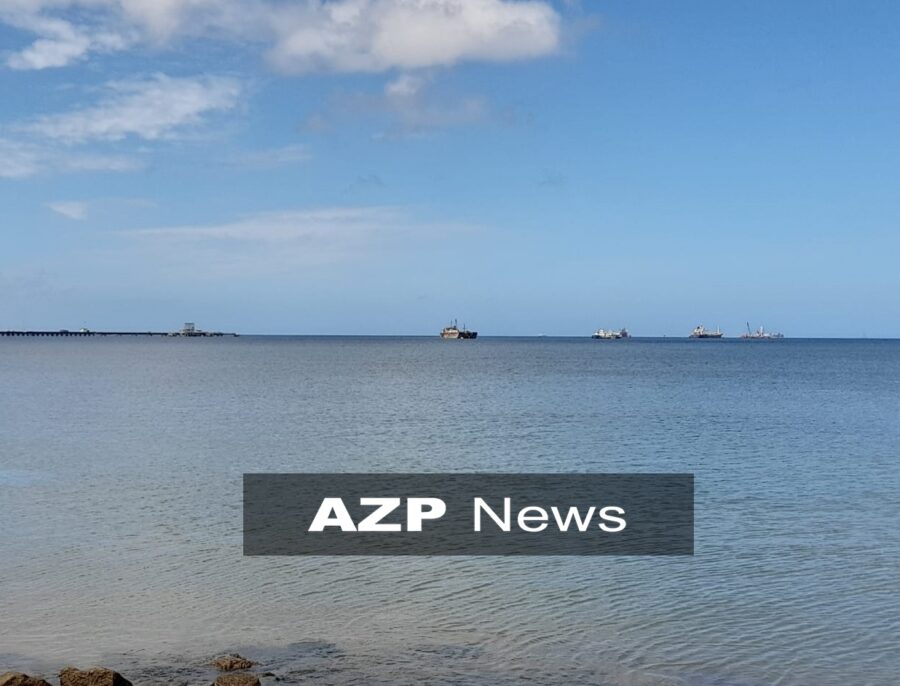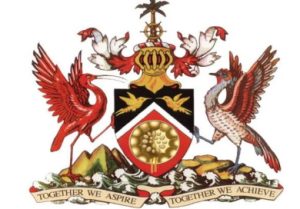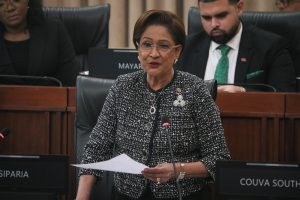Click on links to read AZP News coverage of the Commission of Enquiry:
Hear harrowing last words of the four divers
Read what role Delta P played in tragedy
Paria Stops its Staff from being interviewed for Enquiry
Commissioners see where divers died
Hyperbaric Chamber to be lifted from ocean floor
By Sue-Ann Wayow
WHY did officials of Paria Trading Fuel Company Ltd take four hours to find out information from Christopher Boodram, the lone survivor in the Paria tragedy, that may have assisted in the rescue of the four other divers on February 25?
That was one of the questions asked by senior counsel to the Commission of Enquiry (CoE) Ramesh Lawrence Maharaj to Paria’s technical maintenance manager Michael Wei on the third day of the CoE’s evidential hearing in Port of Spain.
Wei, in the witness box, stated that Paria depended on LMCS, the subcontractor with whom the divers were employed, to provide diving services which Paria was not equipped to do.
According to Wei, the ICT is a team responsible for any major incidents on the site or emergencies headed by an incident commander.
Wei, is the logistics coordinator for the ICT, and was first informed of an accident at Paria’s Berth 6 at 3.15 pm.

In dealing with the rescue aspect of the accident first, Maharaj, referred to information made by Wei in his witness statement signed on August 16, 2022.
Wei, first received information that Christopher Boodram, the lone survivor of the accident that killed four of his colleagues, was rescued at around 6 pm on February 25, 2022.
Before Boodram was rescued, “based on information provided by LMCS, Paria focused on sea and search,” Wei said.
He explained, “Under the contract, LMCS as our independent contractor, the expert contractor is required to provide an emergency rescue plan and the respective people to execute the emergency plan. This being a job of diving, Paria doesn’t have divers neither the competency with diving in this instance. That would have relied on the contractor to provide that.”
Wei said at the time of the incident, information reaching the INT was limited. And Paria started its sea search as they had the capabilities for that, searching with boats and tugs.
“LMCS would have been responsible with their execution of their rescue plan within the Chamber,” he said.
The first virtual communication was with Boodram at 10 pm on February 25.
Maharaj said to Wei, “Before Christopher Boodram was rescued, you all were doing rescuing in the open waters. You knew that at 6 o’clock he was rescued. You continued to try to find out what information you could get from what is inside the pipeline, the conditions of the pipeline and not until 10 o’clock, you decided to talk to Boodram who would have had first-hand information about what was in the pipeline.”
Wei said Boodram came out of the pipeline with injuries about his body, covered in oil, the first priority was ensuring he received medical attention and then questioning him about conditions in the pipeline.
“Had we not done that, Christopher Boodram would not have been here today,” he said.
Wei said while Boodram was at the hospital, due to Covid-19 protocols that were in place then, it was difficult to communicate with him.
“I understand from the IMT members, a call needed to make within the medical fraternity higher up to get information have to at least get a call to him. And that was successful at ten o’clock,” he said.
The time allowed to talk to him was also limited.
When asked if Paria arranged to have Boodram seen by a doctor when he was first rescued at the site, Wei said he did not know.
Maharaj asked, “Paria was taking the position since it was in your view LMCS responsibility, you were not taking steps to have a DMO (district medical officer) there.”
Wei replied, “Not at all.”
He further said he would not know if such steps were taken by other members of the IMT but other agencies such as the Trinidad and Tobago Coast Guard and Fire Services were contacted.
Maharaj said the CoE was told by Boodram that at hospital he was conscious and spoke to his wife and nurses.
“If he was in that condition, would you agree with me that you and the IMT would have gotten important information from him as to what was the condition in the pipeline,” he asked Wei.
“If we could have spoken to him, yes,” Wei responded.
When asked if he made any effort to contact Boodram, Wei said no because he not know Boodram’s contact number or the hospital’s.
![]()

















